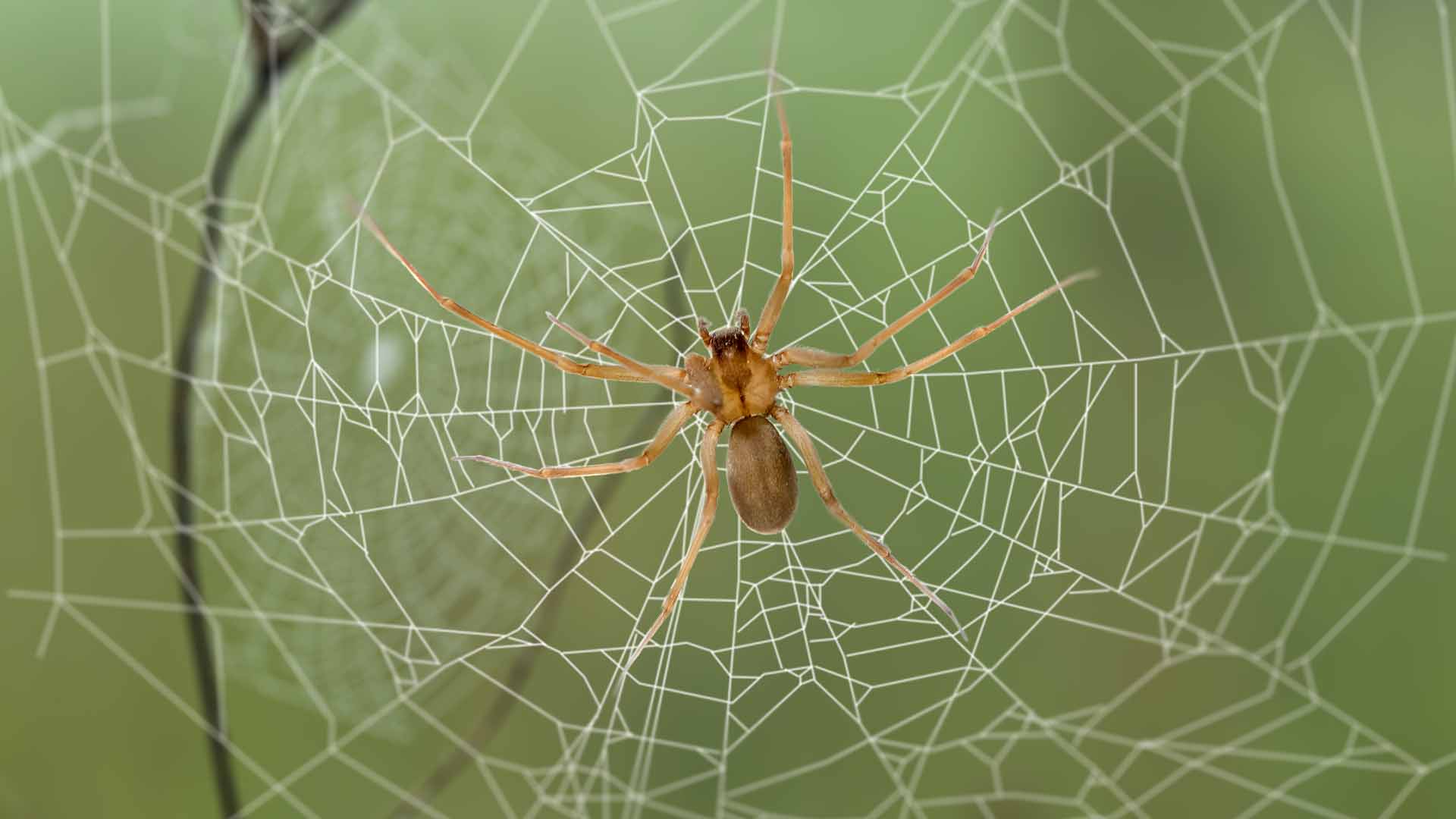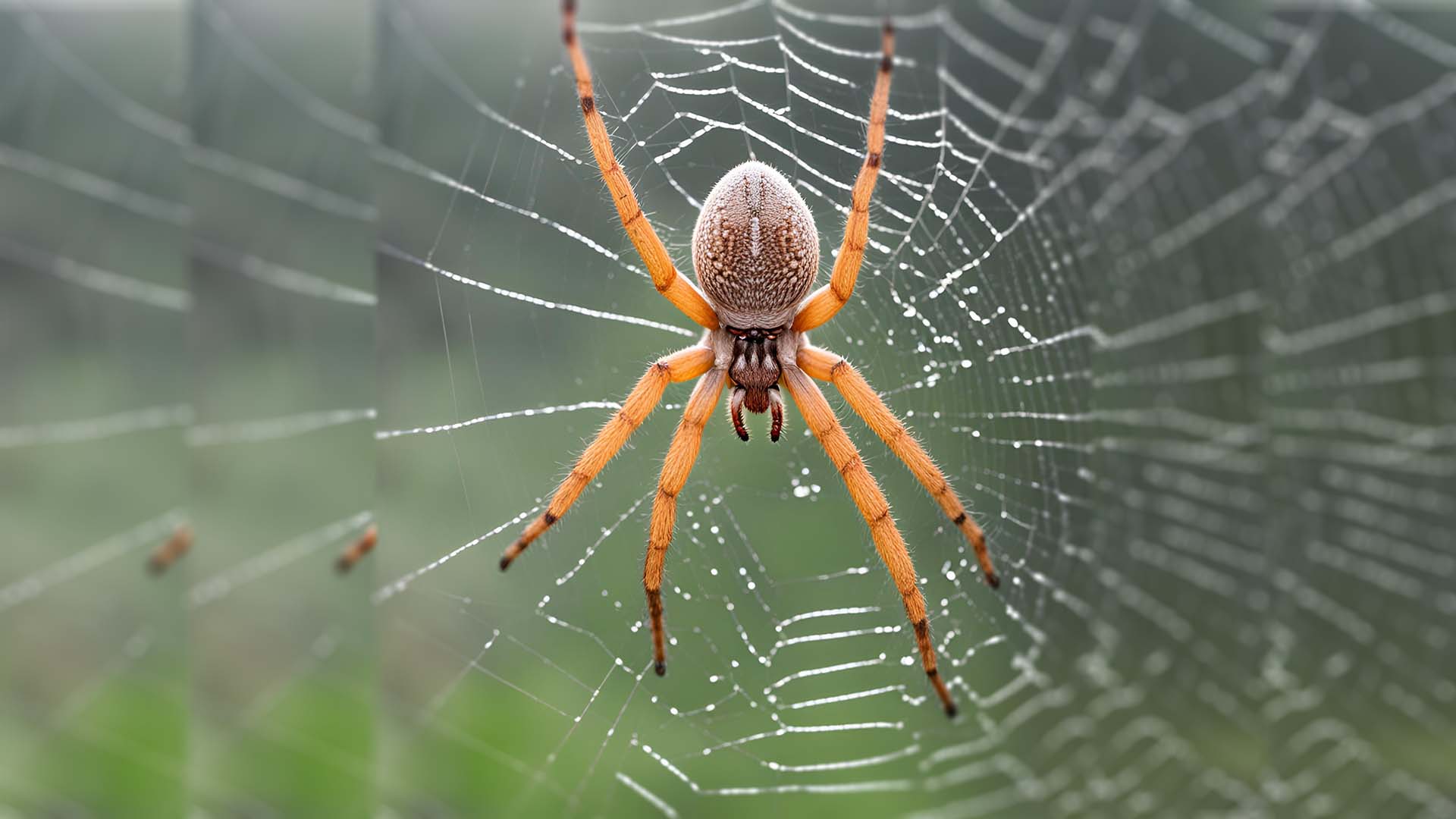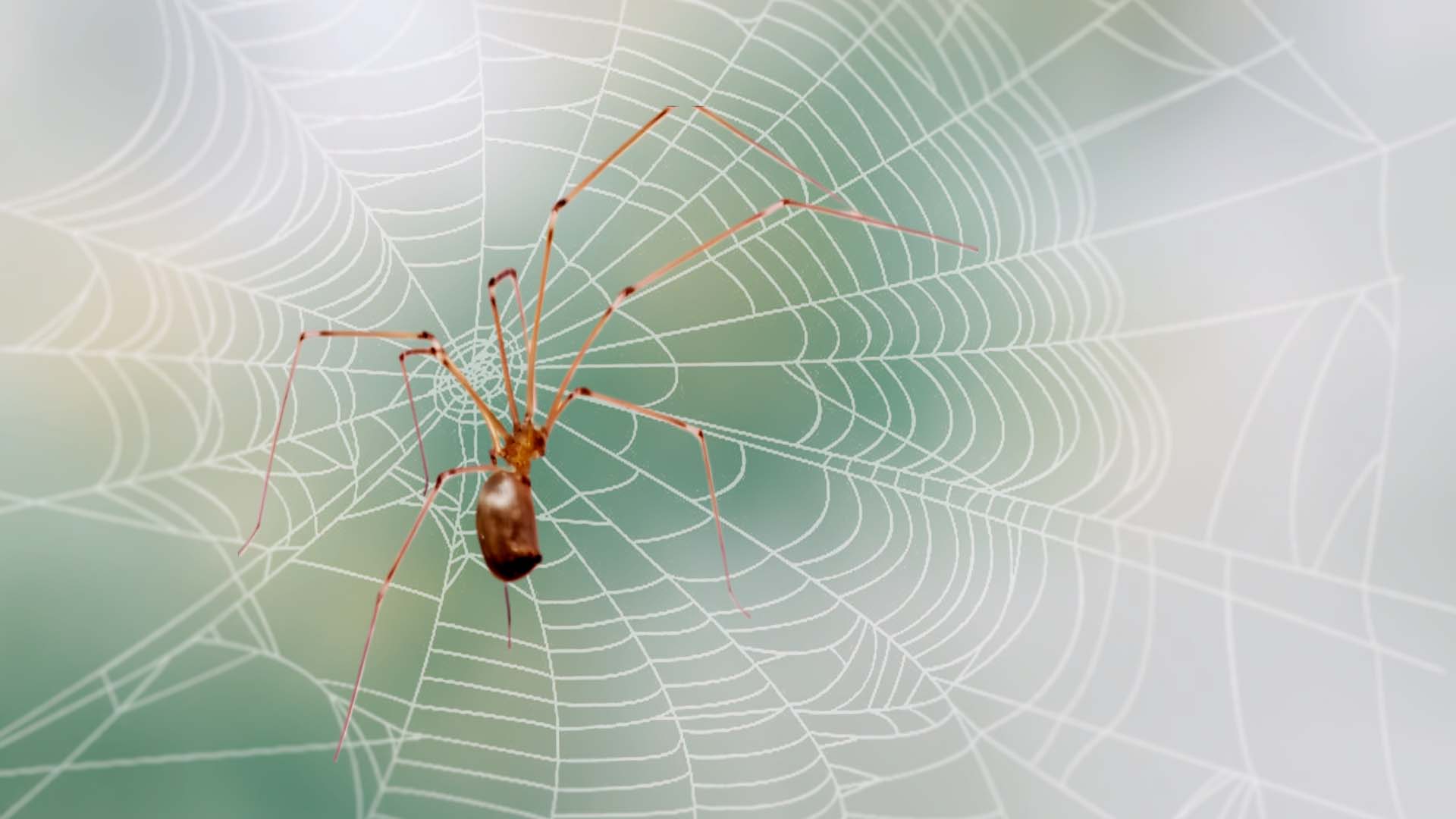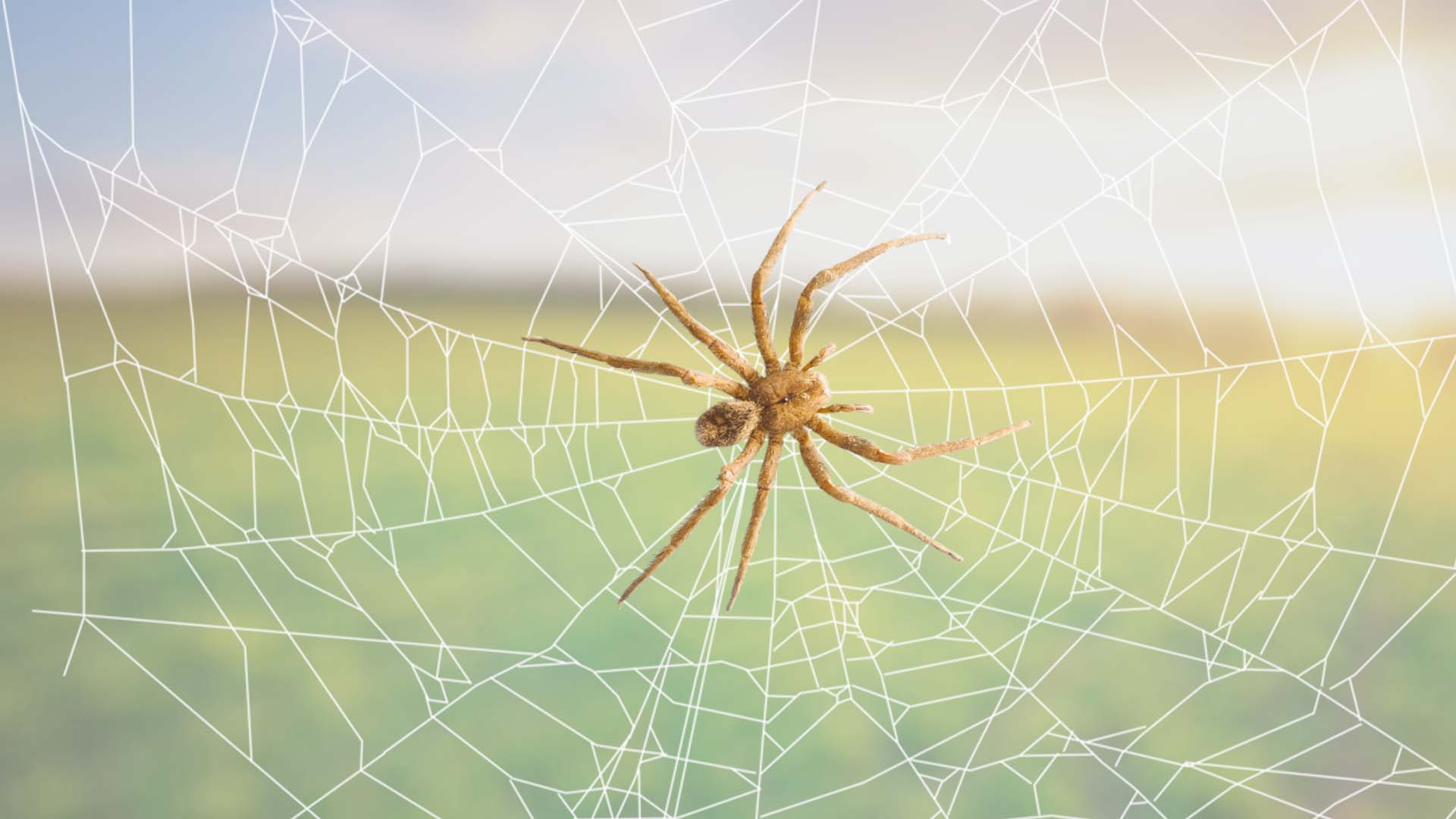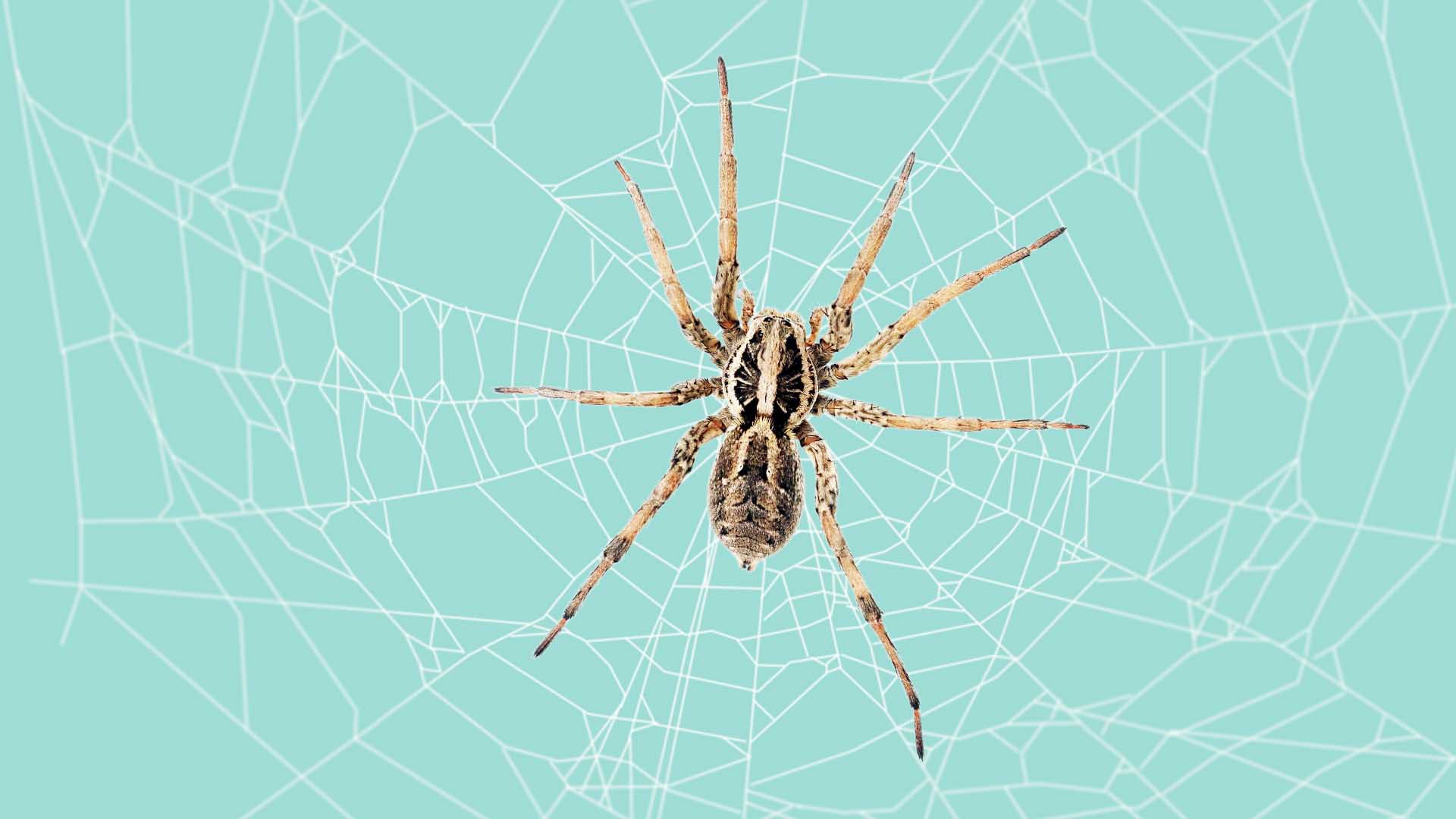Brown recluse spiders, with their enigmatic reputation and fearsome bite, have long been the subject of fascination and dread. Tales of their venomous prowess and potentially lethal bites have circulated for generations.
In this article, we’ll embark on a journey to separate fact from fiction, exploring the true nature of brown recluse spiders and answering the burning question: Are they genuinely deadly?
Are Brown Recluse Spiders Deadly?
Brown recluse spiders can deliver a venomous bite that may cause tissue damage, pain, and discomfort. While their bites can be serious, they are rarely deadly. Fatalities from brown recluse spider bites are extremely rare, and most people recover without severe complications. However, it’s important to seek medical attention if bitten, as prompt treatment can help minimize the risk of complications and ensure a faster recovery.
How Deadly Are Brown Recluse Spiders?
Brown recluse spiders (Loxosceles reclusa), commonly found in parts of the United States, are renowned for their venomous bite. However, it’s crucial to understand that their bites are not inherently deadly for most people. The majority of brown recluse spider bites result in mild to moderate symptoms, often resembling those of other insect or spider bites.
These spiders are not aggressive by nature and typically only bite in self-defense. Their venom contains enzymes that can cause tissue damage, leading to localized reactions like pain, swelling, and redness. In some cases, the bite may progress to necrotic skin lesions, a condition known as necrotic arachnidism. While this can be painful and unpleasant, fatalities from brown recluse spider bites are exceedingly rare.
Are Brown Recluse Spiders Deadly to Cats?
Cats are generally less susceptible to brown recluse spider bites than humans. The thick fur and agility of cats often protect them from accidental encounters with these spiders. Even if a cat is bitten, severe reactions are uncommon. However, like humans, some cats may experience localized pain, swelling, and discomfort at the bite site.
If you suspect your cat has been bitten by a brown recluse spider and observe concerning symptoms, such as severe swelling, lethargy, or difficulty breathing, consult a veterinarian immediately. While fatal outcomes in cats are extremely rare, prompt medical attention can help manage symptoms and ensure a full recovery.
Are Brown Recluse Spiders Deadly to Dogs?
Similar to cats, dogs are not commonly affected by brown recluse spider bites. Their fur and protective layers of skin serve as a barrier against spider bites in most cases. While bites in dogs are rare, they can still occur.
Typical symptoms in dogs include pain, redness, and localized swelling at the bite site. Dogs may also experience discomfort and mild lethargy. Severe reactions are unusual, and fatalities are exceptionally rare. Nevertheless, if your dog is bitten and exhibits concerning symptoms, consult a veterinarian for guidance on managing the situation and providing appropriate care.
Are Brown Recluse Spiders Deadly to Humans?
For humans, the danger of brown recluse spider bites is often a source of anxiety. While these spiders can deliver venomous bites, the risk of death is minimal. Most brown recluse spider bites result in localized symptoms that resolve on their own or with minimal medical intervention.
Common symptoms in humans include pain, redness, and swelling at the bite site. Some individuals may develop necrotic lesions, which can be painful and take weeks or months to heal fully. While complications can arise, fatalities from brown recluse spider bites are exceedingly rare, with only a handful of documented cases over several decades.
It’s essential to seek medical attention promptly if you suspect a brown recluse spider bite, as early treatment can help alleviate symptoms and prevent complications.
Are Brown Recluse Spiders Deadly in General?
In the grand scheme of things, brown recluse spiders are not considered deadly. While their venom can cause significant discomfort and local tissue damage, they are not a significant threat to human or animal life. The fear associated with brown recluse spiders often stems from misconceptions and rare, severe cases.
To put it in perspective, many everyday activities and circumstances carry a higher risk of harm than encountering a brown recluse spider. Practicing good hygiene, using caution when handling potential hiding spots for spiders, and seeking medical attention when necessary can effectively mitigate any risks associated with these spiders.
Are Brown Recluse Spiders Aggressive?
Contrary to popular belief, brown recluse spiders are not naturally aggressive. They do not seek out human or animal prey, nor do they go out of their way to bite. In most cases, bites occur when a spider is inadvertently trapped or threatened. Brown recluse spiders are reclusive by nature and prefer to hide in dark, secluded areas.
To avoid encounters with brown recluse spiders, it’s essential to practice caution when handling items in storage areas, attics, or basements, where these spiders may dwell. Wearing protective clothing and gloves can reduce the risk of accidental bites.
Can You Survive a Brown Recluse Bite?
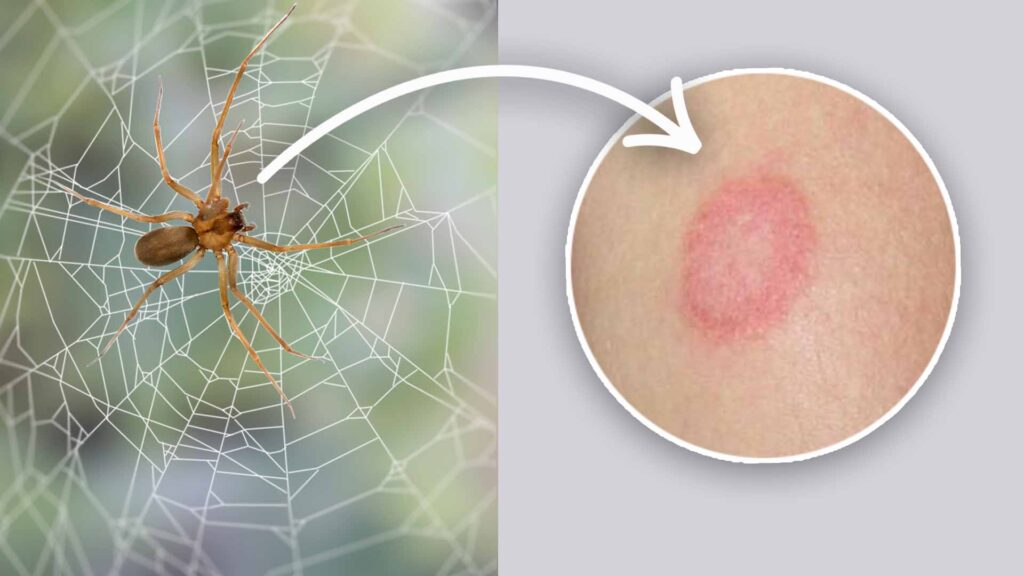
Surviving a brown recluse spider bite is not only possible but the expected outcome for the vast majority of cases. As previously mentioned, brown recluse spider bites typically result in localized symptoms that resolve on their own or with minimal medical intervention.
The key to a successful recovery is seeking prompt medical attention if you suspect you’ve been bitten by a brown recluse spider. Doctors can provide appropriate treatment, including wound care and, in severe cases, medication to manage pain and prevent infection.
What Happens When a Brown Recluse Bites You?
When a brown recluse spider bites, it injects venom into the skin. The initial symptoms may include pain, redness, and swelling at the bite site. Over the next few hours or days, a blister may form, and the surrounding tissue may become discolored. In some cases, the tissue may break down, resulting in a necrotic lesion.
While necrotic lesions are a cause for concern, they occur in a minority of brown recluse spider bites. Most individuals experience mild to moderate symptoms that improve over time. However, if you notice severe symptoms such as fever, chills, or rapid spreading of the wound, seek immediate medical attention.
Conclusion
Brown recluse spiders are not as deadly as their reputation suggests. While their bites can cause discomfort and, in rare cases, lead to necrotic skin lesions, fatalities are exceptionally rare. Practicing caution when dealing with potential hiding spots for these spiders and seeking medical attention when necessary can help ensure a safe and uneventful encounter with these reclusive arachnids.

